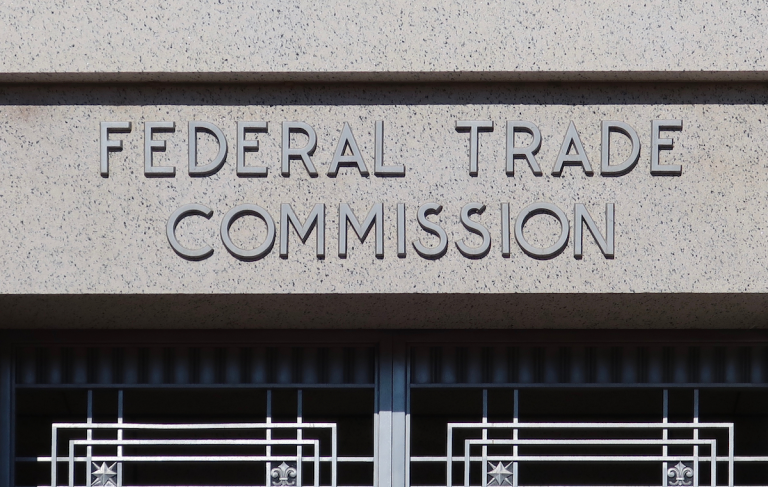Ticketmaster and Live Nation - the undisputed power players of the live events industry - are facing yet another legal showdown. The Federal Trade Commission, backed by seven states, has filed suit against the companies for allegedly colluding with brokers to inflate resale prices, profiting billions while consumers foot the bill. For an industry already under fire since the 2022 Taylor Swift Eras Tour fiasco, this case could mark a turning point in how live entertainment is bought and sold in the US.
The lawsuit cuts to the heart of two cultural flashpoints: accessibility of live music for everyday fans, and the increasing distrust of “big tech” platforms profiting from opacity and monopoly power.
📊 Supporting Stats
$3.7 billion: Ticketmaster’s resale fees between 2019 and 2024, according to the FTC.
80%: Share of major concert venue ticketing controlled by Ticketmaster in the US (FTC).
200 million: Daily bot purchase attempts Ticketmaster claims to block - but the FTC says limits were still flouted.
$33 billion: Global live music revenue in 2023, projected to grow to $48 billion by 2027 (Statista).
From a brand perspective, no. This is a reputational nightmare. Ticketmaster’s resale marketplace may be lucrative, but the optics are disastrous. When fans already perceive live music as inaccessible, doubling down on profiteering feeds public anger and political momentum against the brand.
Culturally, the company is cementing itself as the villain of live music - an image reinforced by artists like Taylor Swift and Bruce Springsteen fans who’ve rallied against opaque ticketing practices. Commercially, the billions in resale fees show short-term gain, but with lawsuits, bipartisan political pressure, and audience alienation, the long-term risk outweighs the reward.
📌 Key Takeouts
What happened: FTC and seven states accuse Ticketmaster/Live Nation of illegal resale coordination and deceptive pricing.
What worked: The resale model drove billions in revenue.
What didn’t: Consumer trust and brand credibility collapsed further, leaving artists and fans angry.
Signal shift: Regulators are treating ticketing like big tech - a monopolised sector ripe for antitrust action.
For brands: Culture now punishes platforms that prioritise extraction over experience. Accessibility is a branding issue, not just a pricing one.
🔮 What We Can Expect Next
The lawsuit amplifies pressure for structural change: potentially breaking up Live Nation-Ticketmaster or enforcing stricter caps on resale practices. Politically, with Trump’s executive order targeting live event monopolies, bipartisan momentum is there.
For fans, this could open the door to new ticketing challengers positioning around fairness and transparency. For artists, the reputational risk of partnering too closely with Ticketmaster may push them toward experimenting with direct-to-fan sales or blockchain-backed ticketing.
The bigger signal? Audiences are demanding cultural access, not corporate gatekeeping. If Ticketmaster continues business as usual, it risks not just lawsuits - but cultural irrelevance.
